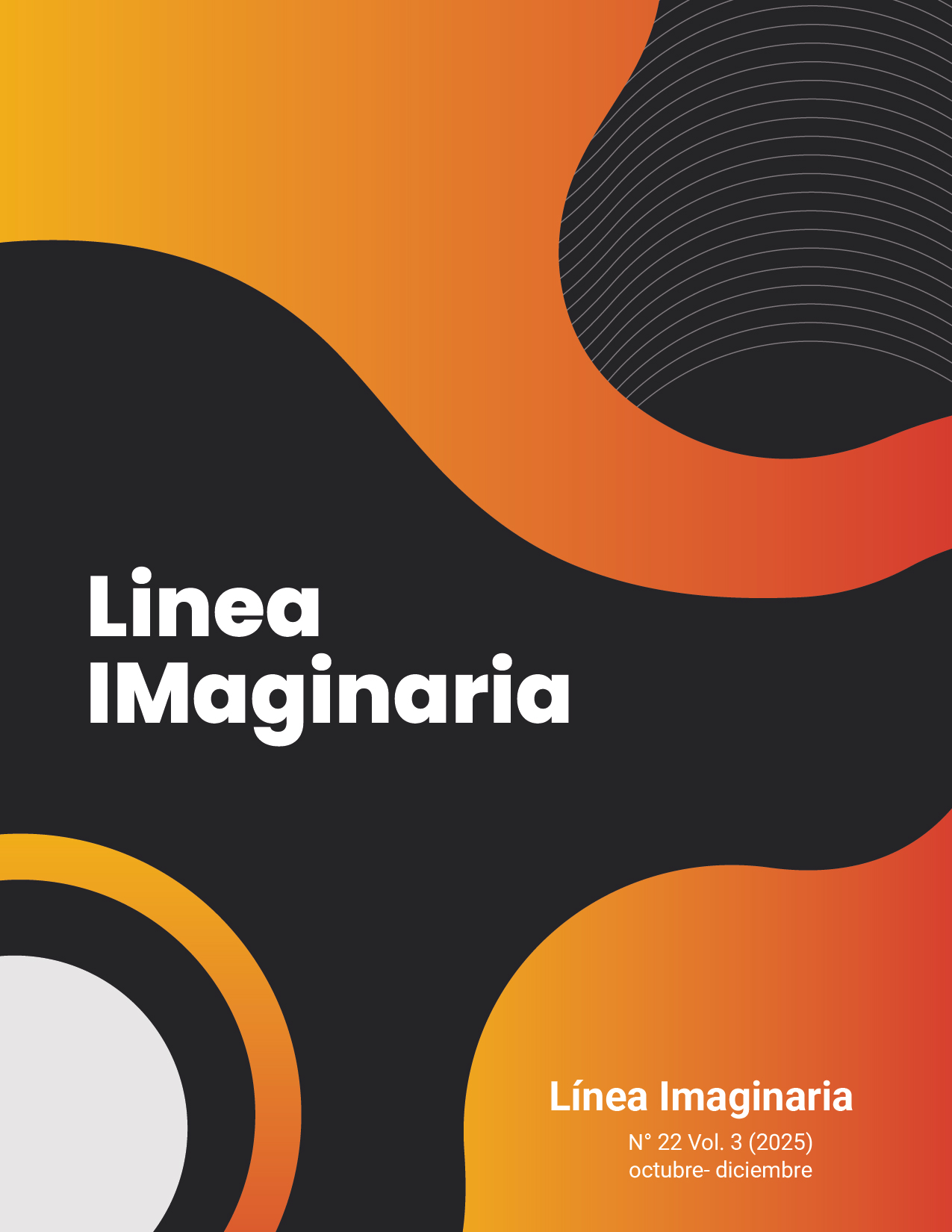ESTRATEGIAS PEDAGÓGICAS PARA UNA ENSEÑANZA EFECTIVA DE LAS MATEMATICAS EN LA EDUCACIÓN BÁSICA COLOMBIANA
DOI:
https://doi.org/10.56219/lneaimaginaria.v3i22.4653Keywords:
pedagogical strategies, effective teaching, mathematics and basic educationAbstract
Education in its course through time and its social, cultural, political implications, among others, has faced countless changes and transformations, some of them marked by technological advances such as the inclusion of technology as a teaching resource. From this point of view, it is convenient to assume new positions on teaching methods in order to be successful in the academic education of students, and it is from there where the following general objective emerges: to reflect on the implications of pedagogical strategies for an effective teaching of mathematics in Colombian basic education; This leads to the improvement of student performance; when in recent years it has been carefully observed that the results in external tests have not been the most satisfactory; reason that leads to a systematic review that seeks through the technique of documentary analysis the construction of this scientific essay with the firm conviction that it is relevant to strengthen the processes in the educational system and promote the changes and transformations that are necessary for an effective and quality teaching of mathematics.
Downloads
References
Black, P., & Wiliam, D. (2009). Developing the theory of formative assessment. Educational Assessment, Evaluation and Accountability, 21(1), 5-31. https://translate.google.com/translate?u=https://www.researchgate.net/publication/225590759_Developing_the_theory_of_formative_assessment&hl=es&sl=en&tl=es&client=srp DOI: https://doi.org/10.1007/s11092-008-9068-5
Bruner, J. (1960). The process of education. Harvard University Press. https://www.scirp.org/reference/referencespapers?referenceid=1412274 DOI: https://doi.org/10.4159/9780674028999
Castelnuovo, E. (1990). Didáctica de la matemática moderna. Editorial Trillas.
Comisión Económica para América Latina y el Caribe (CEPAL). (2023). Lanzamiento PISA 2022 América Latina y Caribe. https://www.cepal.org/es/eventos/lanzamiento-pisa-2022-america-latina-caribe
De León, I. (2023). Aula invertida para la enseñanza de la matemática. LATAM Revista Latinoamericana de Ciencias Sociales y Humanidades, 4(6), 1419–1427. https://doi.org/10.56712/latam.v4i6.1533 DOI: https://doi.org/10.56712/latam.v4i6.1533
Dewey, J. (1916). Democracy and education: An introduction to the philosophy of education. The Macmillan Company. https://www.scirp.org/reference/referencespapers?referenceid=654538
Ferreiro, E. (1991). Los niños piensan sobre la escritura. Siglo XXI Editores.
Marinova, N. (2021). La enseñanza de las matemáticas en educación primaria. Un estudio de las aulas de Segovia (Trabajo Fin de Grado, Universidad de Valladolid). UVaDoc. https://uvadoc.uva.es/bitstream/handle/10324/45439/TFG-B.%201570.pdf?sequence=1
Morduchowicz, R. (2011). Los adolescentes del siglo XXI. Academia.edu. https://www.academia.edu/28895475/Roxana_MoRduchowicz_los_adolescentes_del_siglo_xxi
Parada, M., Bravo, A., & Hernández, J. (2024). Comprensión de la percepción de las matemáticas en estudiantes de secundaria: estudio cualitativo en una escuela colombiana. Aibi Revista de Investigación, Administración e Ingeniería, 12(2), 134–143. https://doi.org/10.15649/2346030X.3970 DOI: https://doi.org/10.15649/2346030X.3970
Sáenz, E. (2016). Inteligencia matemática. Editorial Plaza & Janés.
Downloads
Published
How to Cite
Issue
Section
License

This work is licensed under a Creative Commons Attribution-NonCommercial-ShareAlike 4.0 International License.
La revista Línea Imaginaria conserva los derechos patrimoniales (copyright) de las obras publicadas, que favorece y permite la reutilización de los mismos bajo la licencia Creative Commons Atribución-NoComercial-CompartirIgual 4.0 , por lo cual se pueden copiar, usar, difundir, transmitir y exponer públicamente, siempre que se cite la autoría y fuente original de su publicación (revista, editorial, URL y DOI de la obra), no se usen para fines comerciales u onerosos y se mencione la existencia y especificaciones de esta licencia de uso. Si remezcla, transforma o crea a partir del material, debe distribuir su contribución bajo la misma licencia del original.













